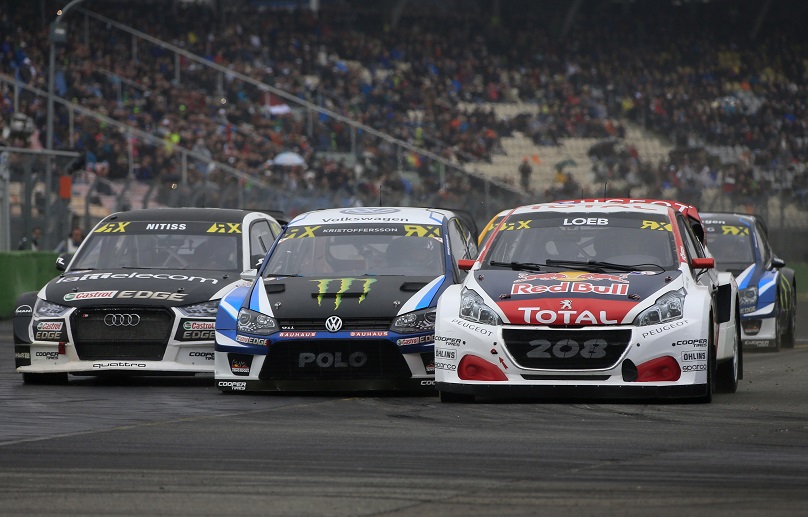
Peru confirmed on Thursday that it will host the 2019 Dakar rally, the France-based organizers said, despite the government previously expressing doubts because of financial constraints.
“See you in Lima…The Dakar was declared today by the Peruvian government as an event of national interest,” said ASO, the French company organizing the rally, on its Facebook page.
Both Chile and Argentina have already given up hosting stages of the 2019 Dakar Rally due to austerity measures while Bolivia failed to agree on a route with the organizers, Amaury Sport Organization (ASO).
The Peruvian government made no announcement and had admitted as recently as June 20 that it was re-evaluating whether to pass on holding the rally due to financial problems.
A group of 24 Peruvian drivers had earlier called on the government to maintain an earlier commitment to support the event.
Despite the financial headache, Peru’s Prime Minister Cesar Villanueva recognized last week that the rally is “an event of the utmost importance for the country, because it is obvious that it draws attention to Peru.”
The withdrawal of both Chile and Argentina would mean that Peru would host the entire rally on its own territory.
“It’s great news,” said Fernanda Kanno, one of the signatories of the letter sent by 24 Peruvian drivers to the government of President Martin Vizcarra two weeks ago to ask it to maintain its commitment.
The 41st edition of the Dakar will be held from January 6 to 17, 2019, on a loop of ten stages, against 14 for the 2018 edition which had taken in Peru, Bolivia and Argentina.
Lima business newspaper Gestion reported last week that a preliminary government analysis was that it would lose money in the venture, given that it would have to pay $6 million to ASO.
Infrastructure, security and logistics costs would take the figure to $25 million, the newspaper said.
Trade and Tourism Minister Roger Valencia said earlier this month that the rally would have a positive effect on the economy of the South American country, particularly its tourism industry.
According to official figures, the economic impact of part-hosting the 2018 event was $40.5 million.
Not only is it the first time a sole country has hosted the rally, but new rules mean that competitors who suffer a mechanical breakdown or accident in the opening week that could lead to withdrawal will be able to rejoin the rally from the rest day on.
Those rejoining would return to competition in a distinct classification to guarantee fair-play.
The Dakar was moved from Africa in 2009 because of security issues that saw the 2008 rally cancelled. Agence France-Presse

































